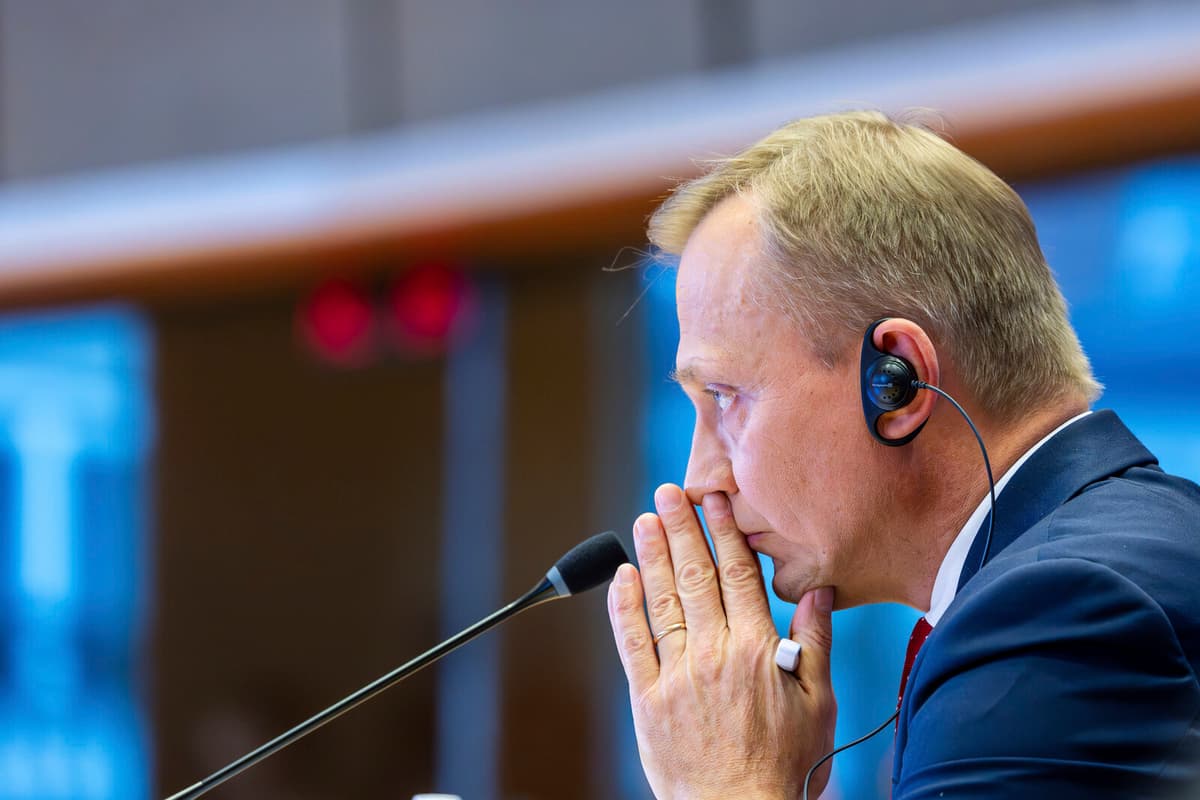Polish Piotr Serafin is the EU Commission's budget general with the task of trying to get the 27 member states to pull in the same direction for the coming years' expenditures.
Already now, he is appealing for consensus, as he gives some first hints about the major budget proposal that he will present on Wednesday next week.
Let us show that the EU can deliver and build a truly independent Europe, says Serafin in a debate in the EU Parliament.
He promises a more modern and flexible budget, but at the same time emphasizes that agricultural policy will still receive a large share of the money.
It must give our farmers the necessary predictability and means, says Serafin in Strasbourg.
"Quite worried"
Tough negotiations on the proposal are expected to continue until 2027, as different countries want to spend different amounts on different things.
Sweden traditionally fights for as small a budget as possible and holds its breath for overly large expenditures and investments.
We Swedes are probably often quite worried when it comes to the long-term budget, notes Finance Minister Elisabeth Svantesson (The Moderate Party).
Advertisement
The government wants to move money between different expenditure items, rather than investing more.
The EU needs to do what Sweden has done in recent years: prioritize among the expenditures we have, says Svantesson.
New EU taxes?
The budget has traditionally corresponded to about one percent of the EU's combined GDP. Serafin's proposal is expected to be larger - although not up to the two percent that, for example, Spain and other countries in Southern Europe want to see.
Much depends on whether Serafin can get a hearing for the new direct EU revenues that he wants, in addition to what Sweden and other countries contribute from their own budgets.
We must find a balanced mix, says the budget commissioner in Strasbourg.
Wiktor Nummelin/TT
Fact: The EU's long-term budget
TT
The EU's long-term budget - often referred to under the English abbreviation MFF (multiannual financial framework) - is made for up to seven years at a time and governs the framework for what the EU should invest in and how much it may cost.
The current budget applies to the years 2021-27. The next budget is expected to apply from 2028 to either 2032 or 2034. Agreement must be reached among the member states by autumn 2027 at the latest to avoid a budget crisis.
The member states contribute to the budget according to how large they are and how strong their economies are. Smaller parts also come from, for example, customs and VAT revenues.






